The deadline for the second provisional tax period of the 2024 tax year is end February 2024. This year being a leap year means the deadline date is 29 February 2024.
Provisional tax remains a minefield littered with uncertainty and anxiety due to the lack of and availability of accurate information.
In addition, there are sneaky sources of income which do not always appear on the radar until the actual tax return gets completed, at which point it is too late.
First, the basics. It is important to know that provisional tax is not a separate tax from normal income tax. It is simply a method of prepaying your income tax liability during a tax year on income which is not subject to PAYE. This means that if you are earning any taxable income which is not subject to employees’ tax (PAYE) then the alarm bells should be ringing.
SARS’ website provides the following guidance as to who is a provisional taxpayer:
Any person who receives income (or to whom income accrues) other than remuneration, is a provisional taxpayer. Most salary earners are therefore not-provisional taxpayers if they have no other sources of income. It is important to note that receiving exempt income, as follows, does not make you a provisional taxpayer:
- If you receive interest of less than R23 800 if you are under 65; or
- If you receive interest of less than R34 500 if you are 65 and older or;
- You receive exempt amount from a tax-free savings account.
The big reason why provisional tax is such an area of contention is that over the last few years, the highly automated SARS system decides on assessment of an actual tax year whether or not, you were a provisional taxpayer for the tax year past. If it flags that you should have been a provisional taxpayer and did not submit provisional tax returns or make payments, this can be very costly. The problem therefore is that you cannot rely on the SARS system or the status that was indicated on your last assessment as to whether you are a provisional taxpayer or not.
There are sneaky sources of income which make you a provisional taxpayer and these need special attention and vigilance. The most common sources we observe are as follows:
- Income from trust distributions which most commonly comprise of investment income and can include large amounts of interest income. Rental income distributions would also trigger a person’s provisional tax status.
- Speak to your trust officer or trust accountant with regards to obtaining this information.
- The charging of interest on loan accounts.
- Speak to your trust / company accountant with regards to obtaining this information.
- The sale of property. If the sale relates to an investment property, taxpayers are more likely to be aware of impending tax consequences as they are focused on the determination of the capital gain. If however the sale relates to a primary residence and especially in cases where the capital gain is less than the R2 million primary residence abatement, the hidden income is almost undetectable. So, what and where is this hidden income? The hidden income is in the form of interest income which is generated during the period that the funds for the property transaction are held in trust by the conveyancing attorneys. These funds could be the proceeds of the property or a deposit in securing a property transaction. None the less, these funds are held by the attorneys in an interest-bearing account in the name of the individual which means that any interest accruing to these funds are taxable income.
- Speak to your conveyancing attorneys with regards to obtaining this information.
How to calculate provisional tax for the second period?
- Determine your total taxable income for the year 1 March 2023 until end February 2024
- This includes all income for the year, both received and accrued, local and foreign, as well as any capital gains.
- Calculate the tax for the full year.
- Less personal rebate(s) and medical tax credits (if applicable)
- Less any allowable foreign tax credits (if applicable)
- Less any PAYE / employees tax paid
- Less any provisional tax already paid for the tax year.
Should your total estimated taxable income for the year be less than R1 million, you may submit your provisional tax based on your last assessed taxable income. Should your last assessed taxable income not be for the 2023 tax year, then such last assessed taxable income must be escalated by 8% per year.
Should your total estimated taxable income for the year be more than R1 million, you may not submit your provisional tax based on last assessed. You must submit your provisional tax based on an actual estimate of your taxable income for the year and such estimate must be within 80% accurate of what your taxable income will be on assessment.
Finally, provisional tax is not a final tax. It is only an interim tax payment towards your income tax liability for the year. Should a taxpayer have overpaid provisional tax during a year, such overpayment will be determined and refunded by SARS on assessment.
Should you have any further questions or queries, please do not hesitate to contact Sentinel International.
Written by: Janine Lodewyk

